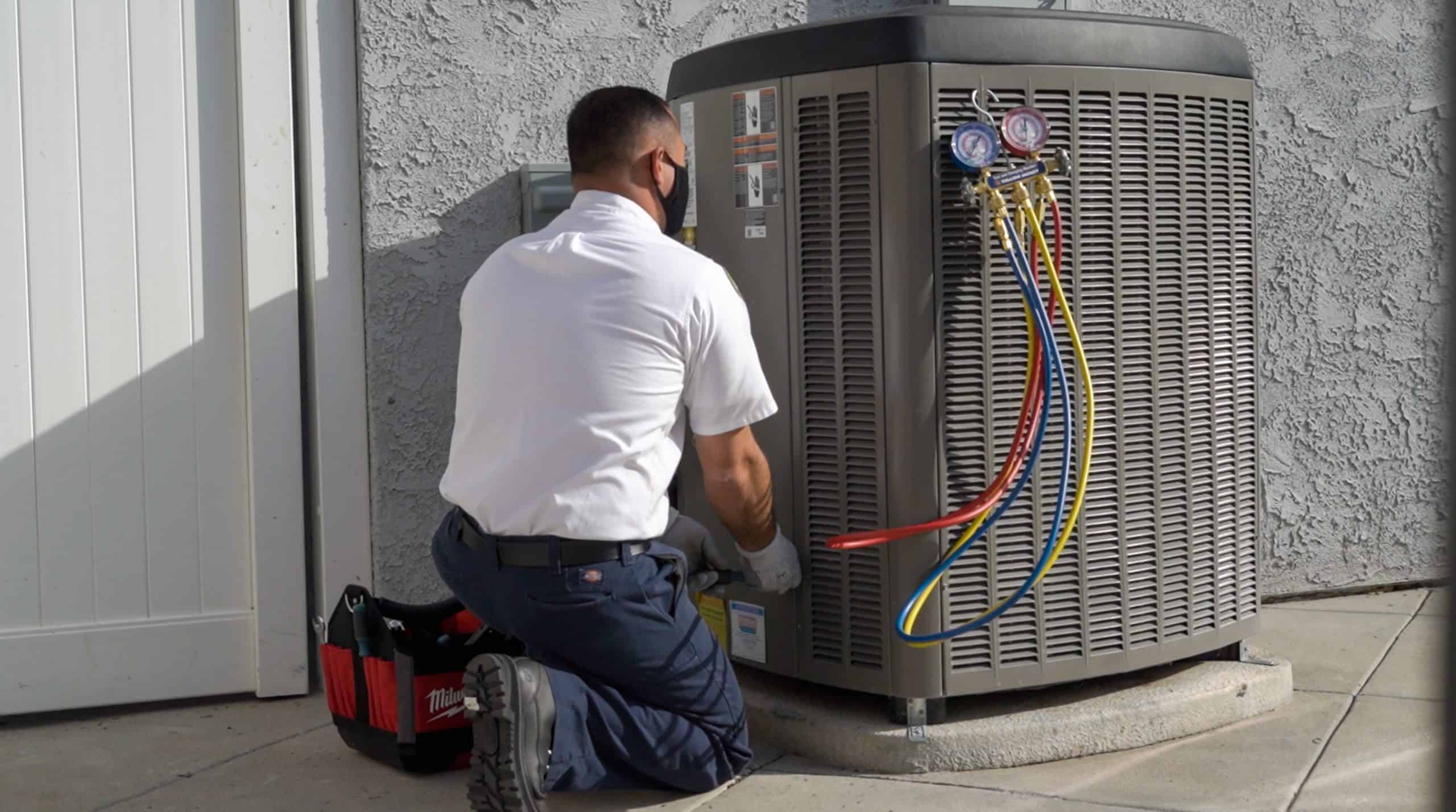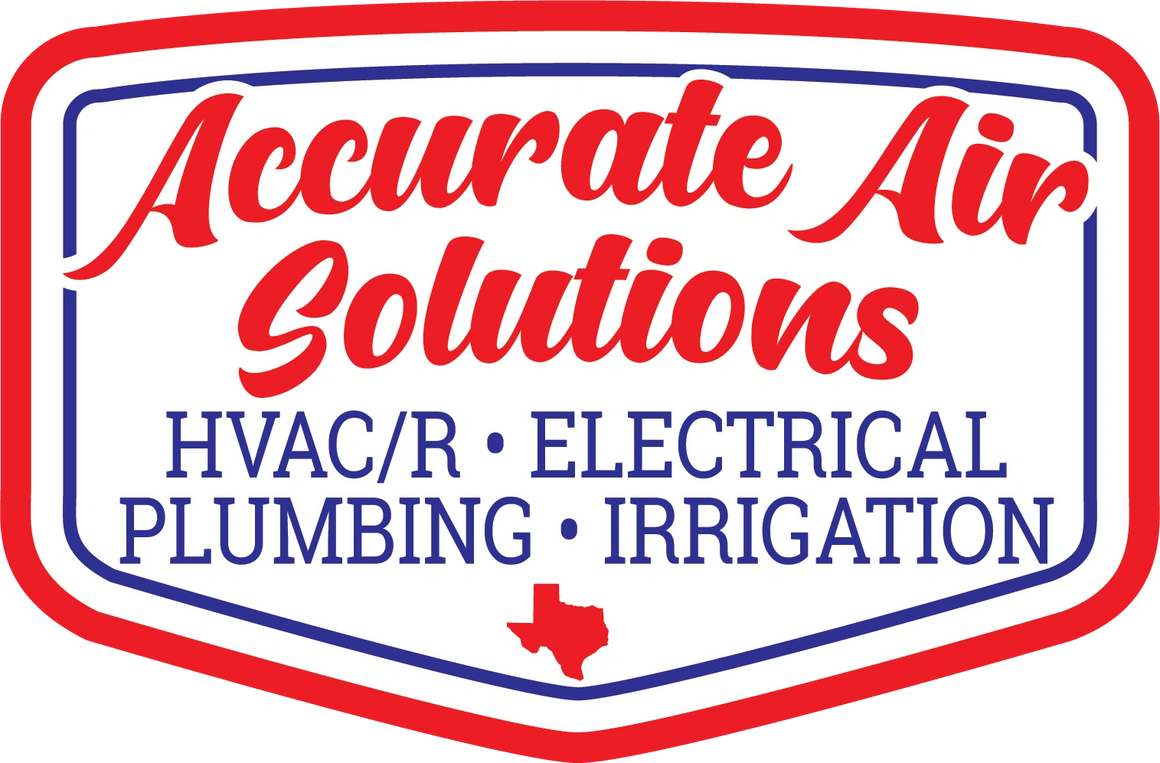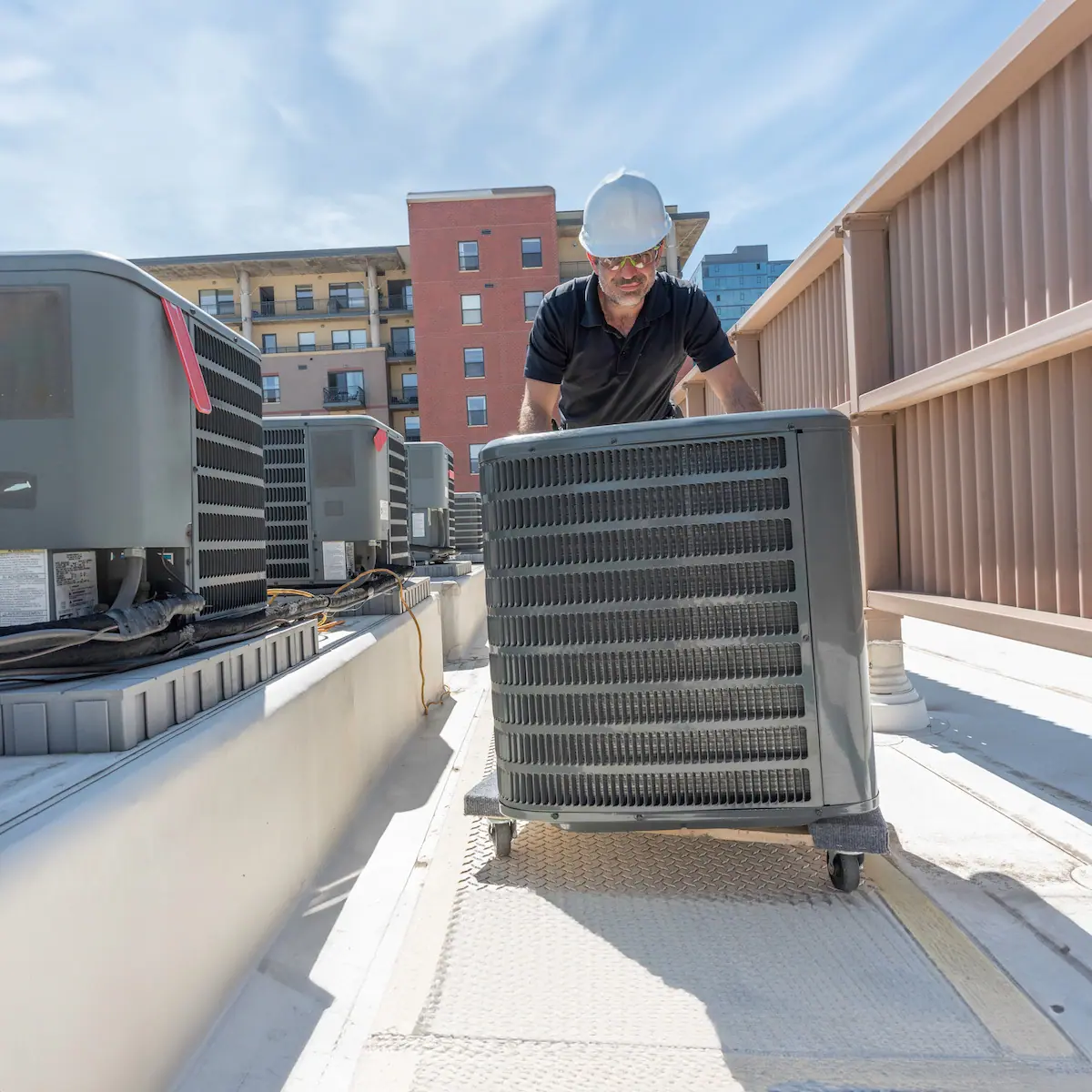How a Knowledgeable Electrician in Brownwood TX Can Improve Your Property's Safety
How a Knowledgeable Electrician in Brownwood TX Can Improve Your Property's Safety
Blog Article
Recognizing A/c: A Comprehensive Guide to Home Heating, Ventilation, and Air Conditioning Provider
In today's swiftly progressing world, an essential understanding of HVAC systems is no longer a high-end however a need for guaranteeing optimum interior atmospheres. This overview supplies a thorough expedition of air flow, air, and heating conditioning solutions, demystifying the intricate interplay of parts that regulate comfort and efficiency. As we browse through the complexities of choosing the appropriate system and preserving it for peak performance, one begins to realize the profound influence these systems have on power consumption and sustainability. What typical risks could be weakening your heating and cooling system's potential without your expertise?
Fundamentals of Heating And Cooling Solutions
Home Heating, Air Flow, and A/c (A/C) systems are pivotal elements in contemporary architecture, consistently ensuring ideal indoor air quality and thermal convenience. These systems are indispensable to maintaining the wellness, productivity, and health of owners in residential, business, and commercial settings. At their core, cooling and heating systems are created to control the temperature, moisture, and tidiness of air, creating a comfy environment no matter external weather.
The basic elements of a heating and cooling system consist of home heating devices, ventilation air ducts, and air conditioning devices. The home heating component commonly involves either a heat or a heater pump, which warms up air to be distributed throughout the structure. Ventilation, a critical element of the system, includes the exchange of outside and indoor air, reducing interior pollutants and managing moisture degrees. This procedure can be naturally or mechanically assisted in, frequently making use of followers and ductwork to distribute air effectively.

Selecting the Right Cooling And Heating System
Selecting a Heating and cooling system involves a mindful balance of performance, suitability, and expense to the particular needs of a building. It is essential to think about the environment of the area, as this will certainly affect the type of system that ideal keeps comfy interior temperature levels throughout the year.
Power efficiency ratings, such as SEER (Seasonal Power Performance Proportion) for air conditioning system and AFUE (Annual Gas Utilization Efficiency) for furnaces, are vital elements when assessing potential systems. Greater rankings typically show better performance and reduced operating expenses with time. Furthermore, prospective purchasers must compare ahead of time expenses with possible lasting savings to figure out the most effective monetary alternative.
An additional key factor to consider is the kind of system-- whether a centralized system, split system, or ductless mini-split is appropriate. Each offers distinctive benefits and limitations, depending on installment intricacy and room demands. Appointment with cooling and heating experts is advisable to ensure that the system selected aligns with both the structure's specs and the owners' comfort choices.
Value of Normal Maintenance
When the suitable a/c system is picked and installed, keeping its efficiency and long life ends up being a priority. Normal maintenance is essential for making sure that the system operates at peak performance, minimizing the risk of unanticipated failures. Regular examinations and servicing can recognize prospective concerns before they escalate right into expensive repair services or replacements, consequently extending the lifespan of the equipment.

Additionally, adhering to an upkeep timetable can protect the warranty coverage, as several producers call for proof of regular servicing to recognize warranty insurance claims. Engaging professional heating and cooling service technicians for regular maintenance makes sure that all parts are assessed properly and readjusted as needed. This positive strategy not just safeguards the financial investment in the HVAC system yet likewise advertises a healthier indoor setting for occupants, boosting general well-being.
Enhancing Power Efficiency
To improve energy efficiency in HVAC systems, it is critical to implement techniques that decrease energy intake while keeping ideal performance. One reliable approach is the combination of wise thermostats, which enable accurate control over temperature level settings based upon tenancy and time of day. These devices can hvac installers near me find out patterns and change home heating and cooling timetables as necessary, minimizing unneeded power use.
One more method includes regular assessment and cleaning of a/c components, such as air filters, coils, and ductwork. Tidy systems operate a lot more effectively, as dust and debris can obstruct air flow and force the system to function harder, eating more energy. Ensuring appropriate insulation and securing is also vital, as it stops power check out here loss and minimizes the tons on HVAC systems.
Moreover, upgrading to energy-efficient tools, such as variable-speed electric motors and high-efficiency compressors, can dramatically cut energy consumption. These components readjust their rate and result to match the particular heating or cooling down need, preventing energy waste.
Purchasing power recovery ventilation systems can likewise improve performance by trading warmth between outbound and incoming air streams, decreasing the need for additional heating or air conditioning. By taking on these procedures, heating and cooling systems can achieve superior energy efficiency, bring about decreased operational expenses and ecological influence.
Troubleshooting Common Issues
When attending to HVAC system breakdowns, a structured method to troubleshooting can properly identify and deal with common problems. The very first step includes inspecting the thermostat setups to ensure they are proper and functioning. Usually, incorrect setups or dead batteries can cause the system to behave unevenly. Next, analyze the air filters. Filthy or clogged up filters restrict airflow, minimizing system efficiency and may cause getting too hot or cold.
Inspect the breaker and fuses; tripped breakers or blown merges can stop system procedures. Additionally, take a look at the outside unit for any obstructions or debris that could impede performance. Routine maintenance of these parts can avoid numerous typical problems.
Listen for unusual noises, which may indicate mechanical concerns such as worn-out belts or motor problems. Unexplained boosts in power bills can likewise signify underlying ineffectiveness or leaks in ductwork. Ensure that all vents are open and unhampered to help with ideal air movement.

Specialist intervention comes to be necessary if these steps do not resolve the problem, specifically for complicated problems like refrigerant leakages or electrical mistakes. Routine assessments and upkeep by certified specialists can preemptively address possible problems, ensuring the HVAC system operates successfully and reliably.

Verdict
In final thought, a complete understanding of cooling and heating systems is important for ensuring optimal indoor convenience and air high quality. By choosing the suitable system based upon specific structure requirements, the efficiency and sustainability of air, heating, and air flow conditioning services can be made the most of. Regular upkeep is essential for preserving system performance and longevity, while energy efficiency can be significantly boosted with notified practices. Addressing typical issues through efficient troubleshooting additional makes certain the dependable procedure of HVAC systems, profiting both property owners and businesses.
As we navigate via have a peek at these guys the details of choosing the appropriate system and maintaining it for peak performance, one begins to recognize the profound impact these systems have on power consumption and sustainability.Home Heating, Ventilation, and Air Conditioning (A/C) systems are pivotal parts in modern-day design, constantly guaranteeing optimum interior air quality and thermal comfort (Commercial HVAC contractor in Brownwood TX).Another vital factor to consider is the kind of system-- whether a central system, split system, or ductless mini-split is suitable. Tidy systems run much more effectively, as dust and particles can block air movement and force the system to function harder, eating more energy.In conclusion, an extensive understanding of Cooling and heating systems is vital for making sure optimal interior convenience and air top quality
Report this page